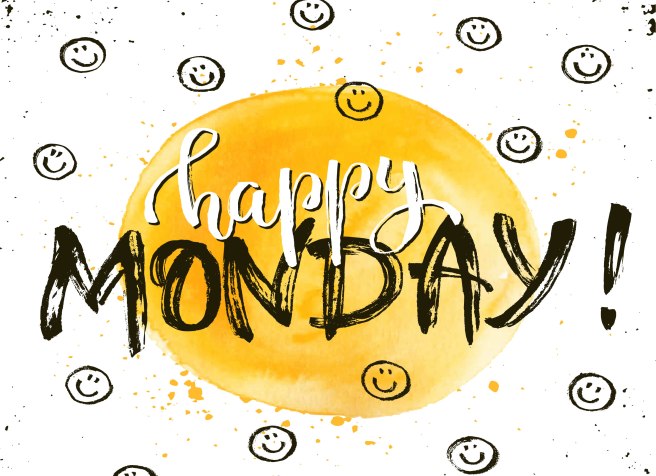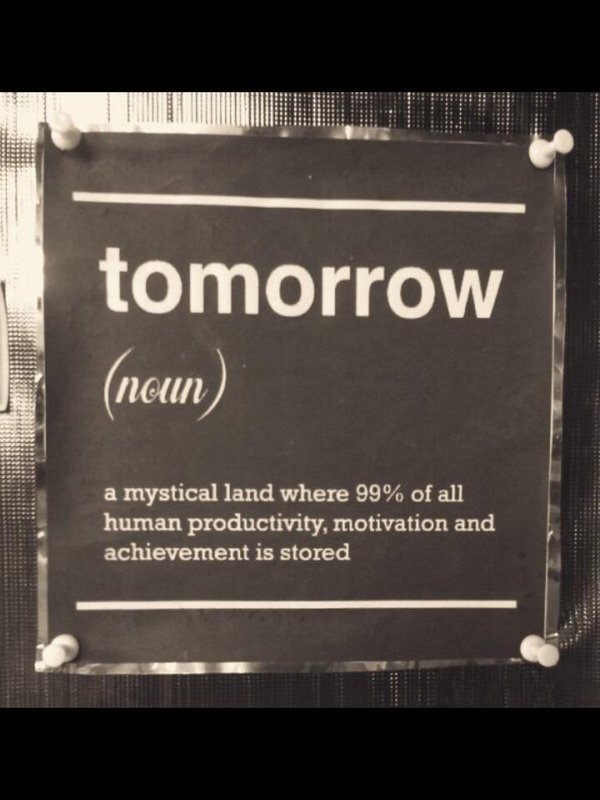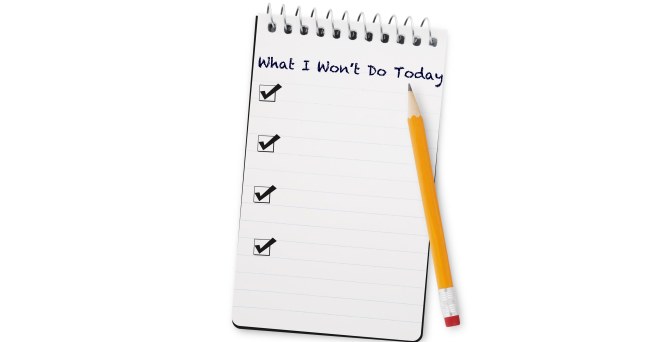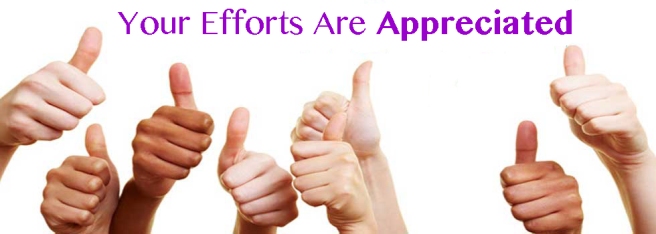
What’s your favorite day of the year? Maybe it’s Christmas when you get to gather around with family and friends, opening presents by the fireplace? Perhaps the best day is the first day of summer? The days are longer and the feeling of the sun’s rays warming up your skin feels amazing. Maybe you spend all year waiting for your birthday. A time when you can get all your friends together to celebrate you! Or maybe, your favorite day is Monday… wait, Monday?!
Mondays
On Monday, the whole week is ahead of you but it can be tempting to keep thinking back to the weekend and wishing for those couple of days off again. Thinking like this keeps you in the past instead of the present. There are reasons to consider the possibility that everyday is the best day of the year.
Ralph Waldo Emerson
Ralph Waldo Emerson was a writer and lecturer throughout the 1800s and is considered one of the most influential members of the American Romantic Movement. He wrote on topics including freedom, individuality and humanity’s ability to achieve greatness. He strongly believed that if us members of the human race believe it can achieve something, that we can. Ralph Waldo Emerson has said, “Write it on your heart, that everyday is the best day of the year”
Making Everyday the Best Day
Don’t think about what today is supposed to be like. Think about all the things that you CAN achieve today. It could be something small, like paying for someone’s lunch. Or maybe you could throw a couple extra of compliments out to those around you. If you’re feeling ambitious, go for something a little bit bigger, maybe start a large project or look into a new hobby. You could go out of your way to visit someone you haven’t seen in a while. Today doesn’t have to be normal. No day does. So many things can happen each and every day.
Today could very well end up being the best day of the year.










